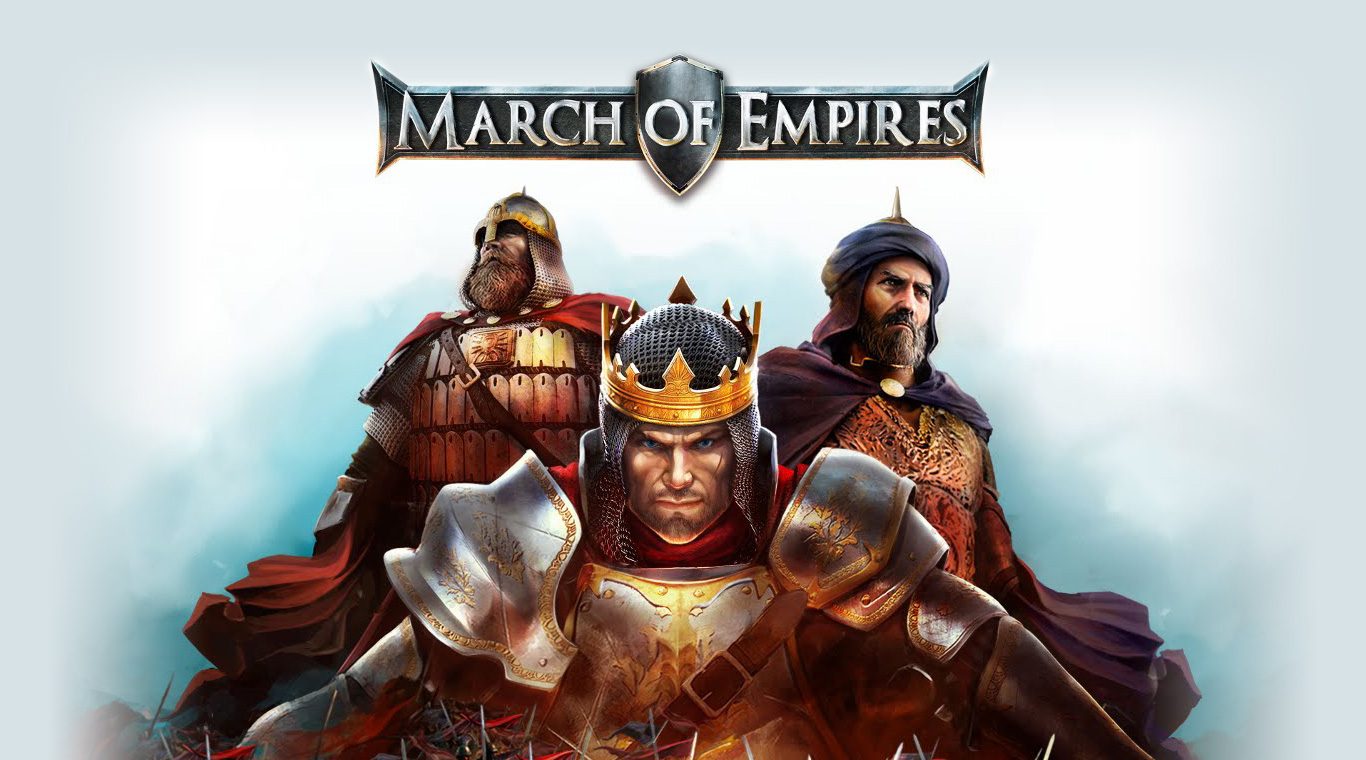March of Empires: War Games Beginner’s Guide How to Build Your Empire From Scratch

March of Empires: War Games is a large-scale strategy title where players step into the role of a medieval ruler, building castles, training armies, and expanding territories in a world full of rivals and allies. At first, the game can feel overwhelming with its many systems: from resource management and research to army training and alliance politics.
This beginner’s guide is designed to give you a clear overview of the core mechanics so you can start strong. By the time you’re done reading, you’ll understand how to grow your city, protect it from enemies, and set a solid foundation for future conquests.
How Should you Grow your Economy in March of Empires: War Games?
The backbone of your empire is its economy. Without resources, you cannot build, upgrade, research, or maintain an army. In the early game, you’ll want to focus on filling your outer city plots with resource-generating buildings and making sure you have the right balance between them.
You’ll spend a lot of time building and upgrading your resource buildings in March of Empires.
The main resources include food, stone, wood, iron, and silver. Food keeps your army supplied, while stone, wood, and iron are required for construction and upgrades. Silver, produced by houses, is vital for researching technologies.
A good early strategy is to construct three to four buildings for each main resource type. This will give you steady growth without forcing you to demolish and replace upgraded buildings later. You’ll also supplement your economy through quests and event rewards, which provide generous amounts of resources at the beginning.
Later on, you’ll need to gather from mines on the world map, which makes your army’s carrying capacity very important. Managing economy efficiently means you’ll always have enough to grow without being stuck waiting.
What Kind of Army Should You Train in March of Empires: War Games?
Building a strong army is one of the most important parts of March of Empires: War Games, and understanding the troop system will give you an edge over new players. Armies are made up of five troop families:
- Swordsmen: Versatile all-rounders, strong against Spearmen but weak against Mounted units.
- Spearmen: Defensive troops, strong against Mounted but weak against Swordsmen.
- Mounted: Fast attackers, strong against Swordsmen but weak against Spearmen.
- Ranged: Deal consistent damage at range, but don’t have a particular advantage. They are decent against all types but fragile.
- Siege: Weak in direct combat but crucial for damaging city defenses and carrying huge amounts of resources.
Prioritize building a balanced army, but lean a bit towards siege units as they will be the ones hauling the most resources back to your city.
Together, Swordsmen, Spearmen, and Mounted form the Trinity of counters (Swords > Spearmen > Mounted > Swords). Ranged and Siege fill utility roles, with Ranged adding extra firepower and Siege being essential for both warfare and resource gathering.
A balanced army in the early game usually focuses on Swordsmen, Ranged, and Siege, but as you grow, learning how to mix counters depending on your opponents will be key to victory.
How do you Progress Your City in March of Empires: War Games?
Your castle is the heart of your empire, and its level dictates what you can build, train, and research. Progression in March of Empires: War Games is about carefully managing upgrades without spreading yourself too thin.
Your castle is the heart of your city in March of Empires.
Some recommended progression steps include:
- Upgrade your Castle as a priority, since each level unlocks new buildings, troops, and features.
- Keep your resource buildings upgraded evenly to avoid bottlenecks.
- Construct Barracks (three to four) early on to train more units at once.
- Build at least one or two Houses for silver income.
- Unlock and upgrade your Academy to begin researching technologies.
By focusing on a balanced approach, you ensure your economy, army, and research are all advancing together. Don’t forget that reaching Castle level 10 is a big milestone, unlocking Tier 2 troops, better defenses, and more powerful research.
Why is Research so Important in March of Empires: War Games?
Research is one of the fastest ways to strengthen your empire beyond raw numbers. Once you build the Academy, you’ll gain access to technologies that affect almost every part of gameplay.
The first research you should focus on is Masonry, which speeds up construction. From there, move into Specialized Training and Basic Weapons, which boost training speed and army attack. Saddlebags is also vital early, as it increases how much your troops can carry when gathering.
Though the bonuses start small, researching can yield tons of benefits down the line.
Research is divided into multiple Eras, with more powerful upgrades unlocked as you raise your Castle and Academy levels. By investing steadily into research, you’ll always stay ahead of players who neglect it.
How do Daily Quests and Events Help you Progress?
Daily quests and limited-time events are some of the best sources of free resources and boosts for new players. Completing them regularly ensures you never run dry on essentials.
Daily loops often include:
- Daily Quests: Unlocked at Castle level 7, these provide resources, gold, and milestone rewards.
- Path of Glory: Available from Castle level 8, rewarding consistent progress.
- Traveling Hero: A rotating feature that grants special items.
As you progress in March of Empires, you will unlock a variety of features, including daily quests and other repeatable content.
Events change constantly, but usually reward huge amounts of resources, boosts, or speedups if you time your play sessions to match them. Participating consistently in these activities can keep you competitive even without heavy spending.
What are the Common Beginner Mistakes in March of Empires: War Games?
Many new players make avoidable errors that slow down their growth. Some of the most common mistakes include:
- Attacking other players during the rookie peace shield, wasting protection.
- Overfilling building slots too early without balancing resources.
- Neglecting to train Siege units, which are crucial for carrying resources.
- Forgetting to keep the peace shield active after Castle level 7.
- Focusing too much on one troop type instead of learning the Trinity counters.
Your main focus in March of Empires at the beginning should be to develop your city; leave warfare for later.
By avoiding these mistakes, beginners can build a smoother path to mid-game without unnecessary setbacks.
Why Should you Join an Alliance in March of Empires: War Games?
Alliances are not optional in March of Empires: War Games, they’re essential. Joining one gives you immediate benefits, including protection from enemies, faster construction through alliance help, and access to alliance technologies that provide powerful bonuses.
More importantly, alliances give you safety in numbers. Lone castles are easy prey, but groups of players can defend each other and organize large-scale wars. For beginners, an alliance is also a great place to learn strategies and get help from veterans.
Finding a good, active alliance is often the most crucial step in securing a good future for your city.
March of Empires: War Games is a game about patience, planning, and persistence. By building your economy, balancing your army, researching wisely, and making use of daily activities, you’ll set yourself up for long-term success. Most importantly, surround yourself with allies; no empire grows alone.
And if you want to experience March of Empires: War Games on a bigger screen with smoother controls and faster multitasking, try playing it on BlueStacks. With its enhanced performance and flexibility, you’ll have everything you need to lead your empire to greatness.













